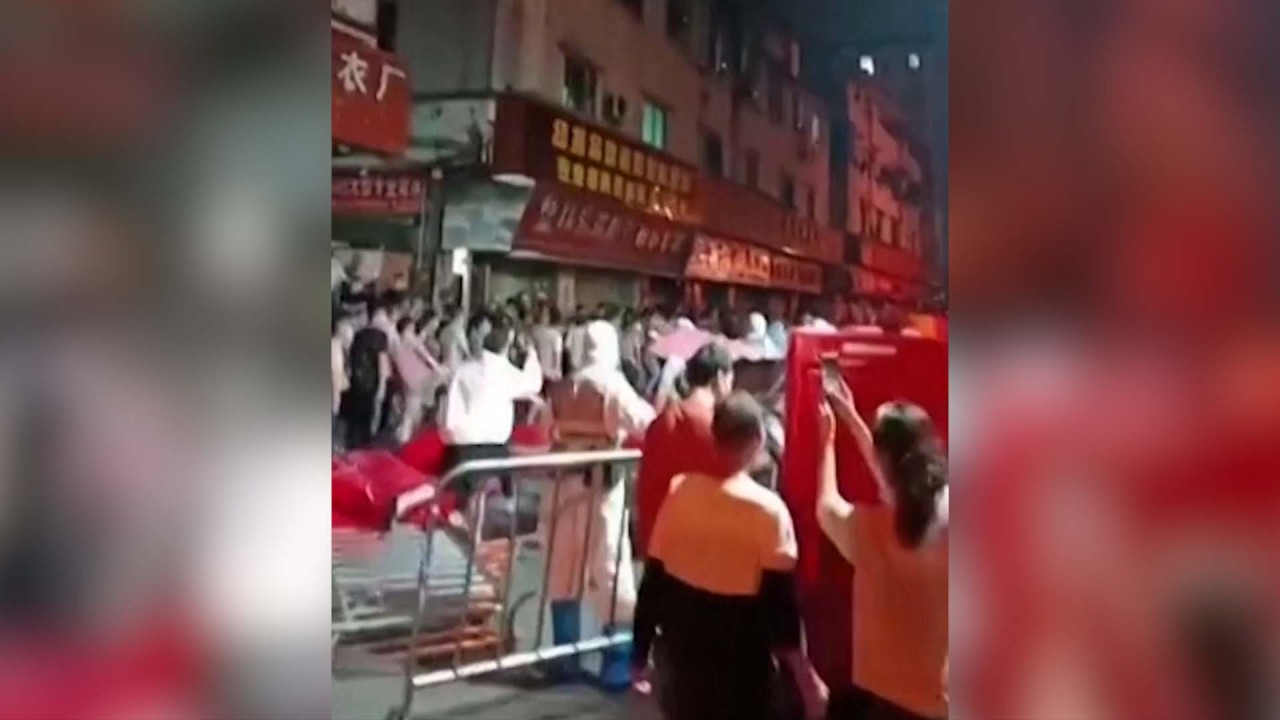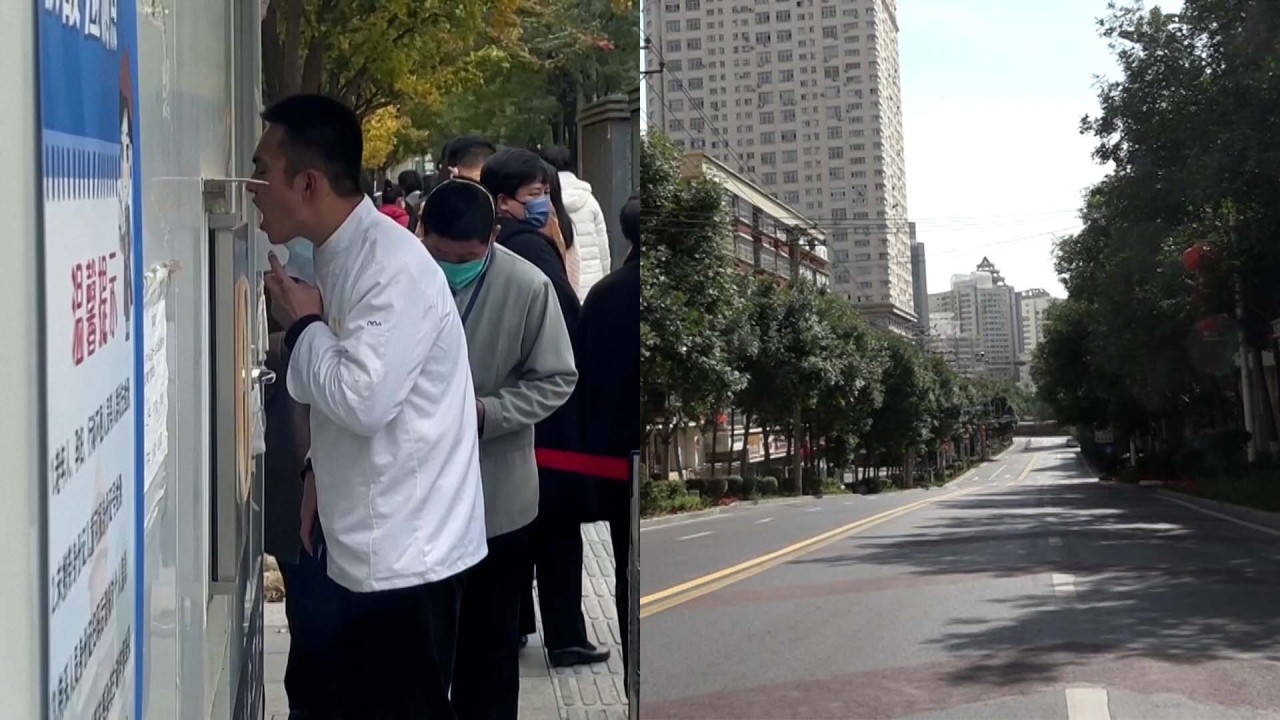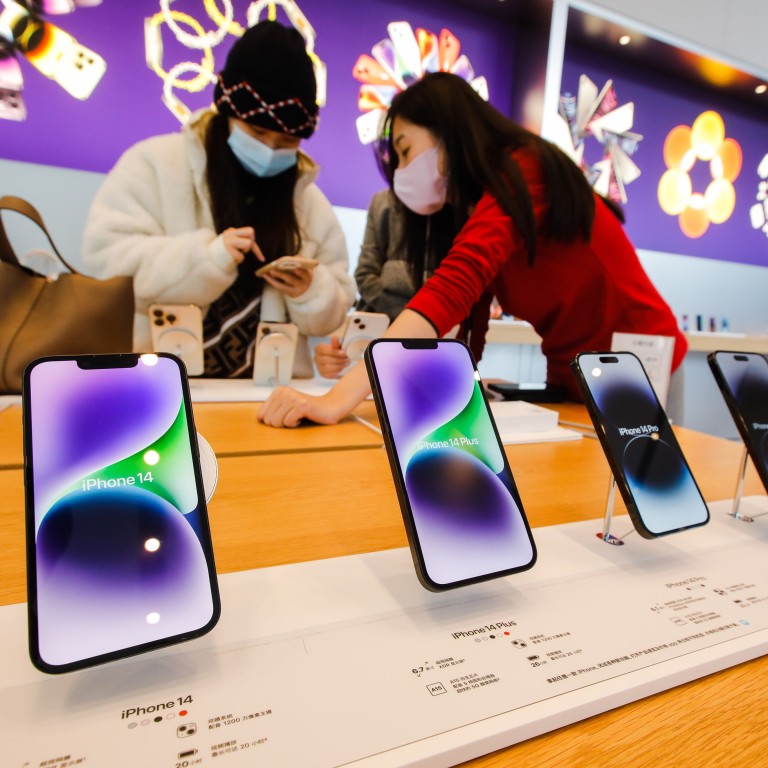
Global Impact: Zero-Covid’s liabilities adding up after Foxconn factory disruptions hit iPhone shipments
- Global Impact is a fortnightly curated newsletter featuring a news topic originating in China with a significant macro impact for our newsreaders around the world
- In this edition, we looks at how China’s zero-Covid policy recently claimed another victim as scenes from the world’s largest iPhone factory grabbed headlines
While it is just one company, Foxconn’s size and role in the electronics supply chains of the world’s largest tech brands makes it strategically important for China. The Zhengzhou plant alone employed nearly 300,000 people at its peak.
However, zero-Covid was just a catalyst for companies to more rapidly expand supply chains outside China, as many tech-related operations have increasingly become caught up in geopolitical tensions.
Still, China is the undisputed leader in global manufacturing. Beijing may be betting on investment returning once zero-Covid restrictions are lifted – a day still nowhere in sight – but geopolitical tensions will not go away so easily. Whether it’s Apple, Samsung or any other multinational conglomerate carefully managing its brand, the trend of slowly diversifying supply chains away from China looks to continue.
60 second catch-up
Deep Dives
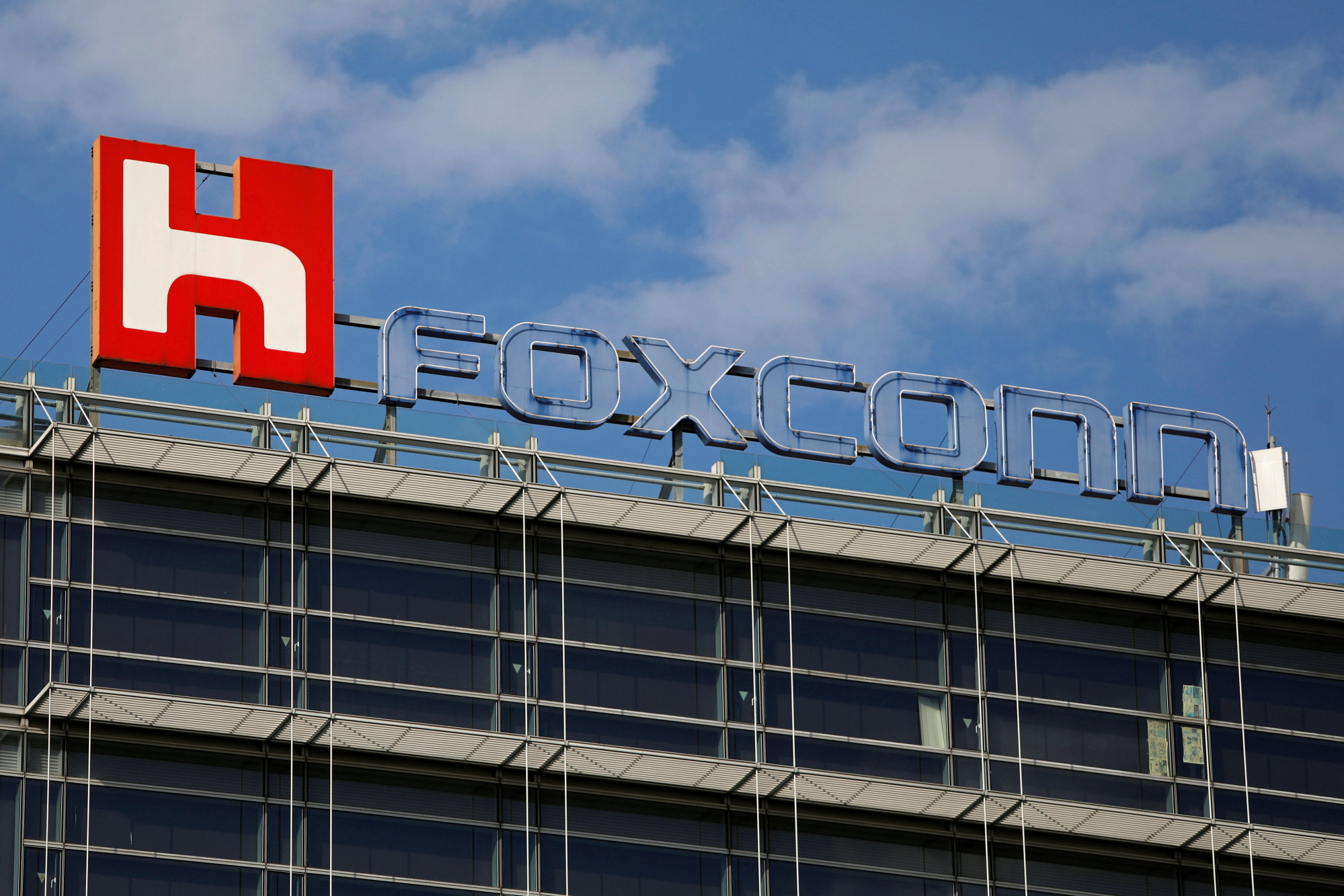
Anger inside the world’s largest iPhone factory as Covid-19 spreads
-
Workers complain about unpunctual food deliveries and lack of medical care as Foxconn’s Zhengzhou campus grapples with a Covid-19 outbreak
-
The company has not revealed how many positive cases have been found on campus nor how many workers are under quarantine
Workers shared texts, photos and videos of chaotic scenes and voiced their anger on platforms including microblogging site Weibo and TikTok’s Chinese version Douyin, with many raising concerns that cases may have been under-reported, putting employees at high risk of infections.
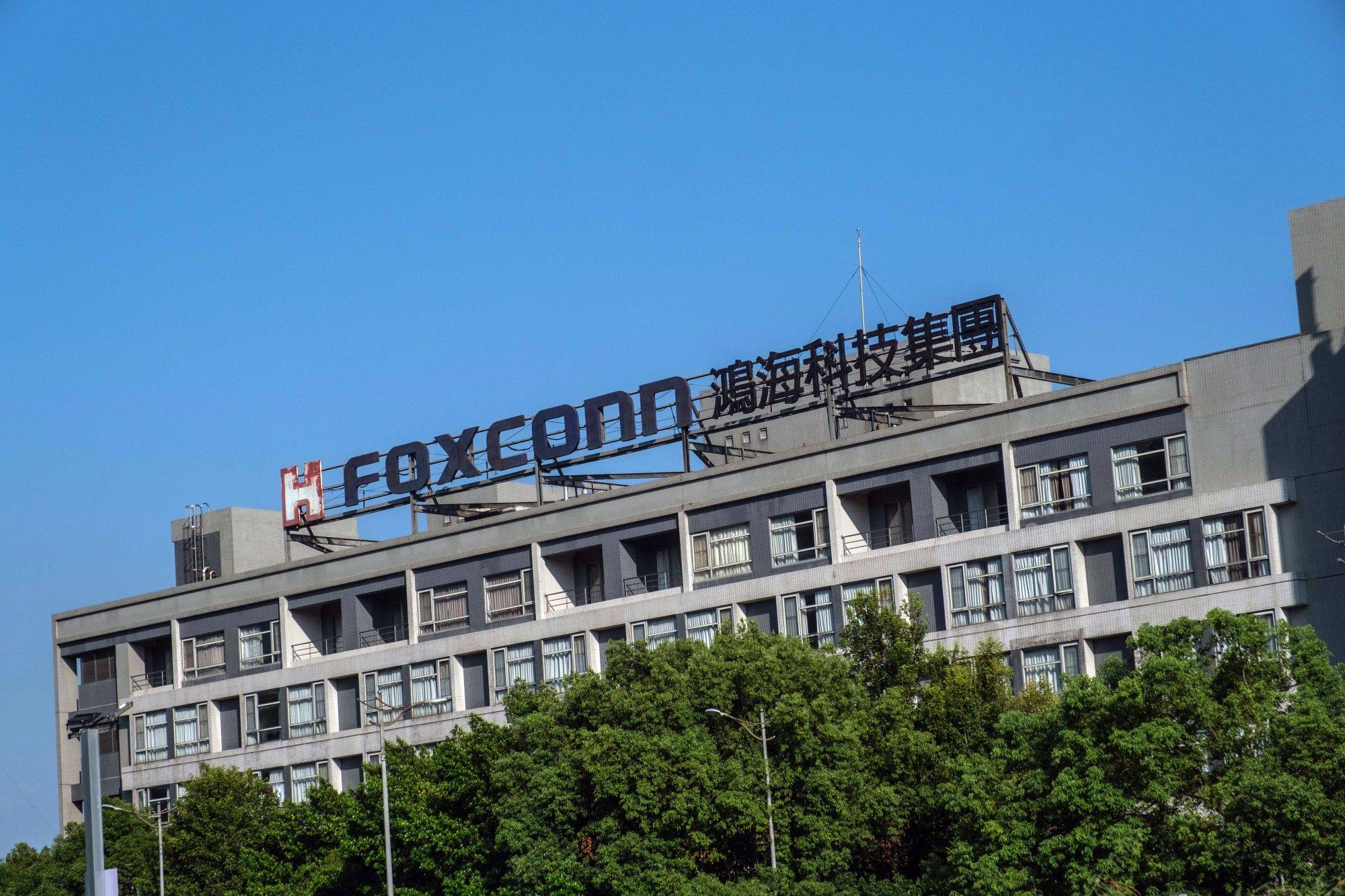
China’s iPhone city goes to extreme lengths to meet zero-Covid demands
-
Zhengzhou authorities ordered the disinfection of all public places and residential buildings, a practice that proved controversial in Shanghai
-
Some of the 27 new Covid-19 cases were on the local Foxconn campus, where workers described terrible living conditions at the world’s largest iPhone factory
Zhengzhou, known as China’s iPhone city, is going to extremes to curb Covid-19 infections by disinfecting all public places and residential buildings, according to a notice posted online.
The government of the capital of China’s central Henan province told residents to take heed of the new measures that will take place from Friday evening to Saturday morning, according to a post on the city’s official WeChat account.

South Korea caught in the middle of US-China chip war, but American export control requests unlikely
-
The South Korean semiconductor industry relies on the United States for equipment needed to make chips, while China is the sector’s largest export destination
-
Seoul is reportedly gearing up to join the US-led Chip 4 alliance, but Washington is unlikely ask the government to impose export restrictions, industry insiders say
South Korea is facing a complex balancing act as it finds itself positioned in the middle of an intensifying tech war between the United States and its biggest semiconductor chip trading partner China.

Foxconn’s latest disruptions in Zhengzhou highlight supply chain risks in China, prompting more production in Vietnam and India
-
The recent exodus of workers from the world’s largest iPhone factory marks the latest disruption in Apple’s manufacturing supply chain in China
-
Foxconn and other Apple suppliers have already started to shift some production capacity to Vietnam and India
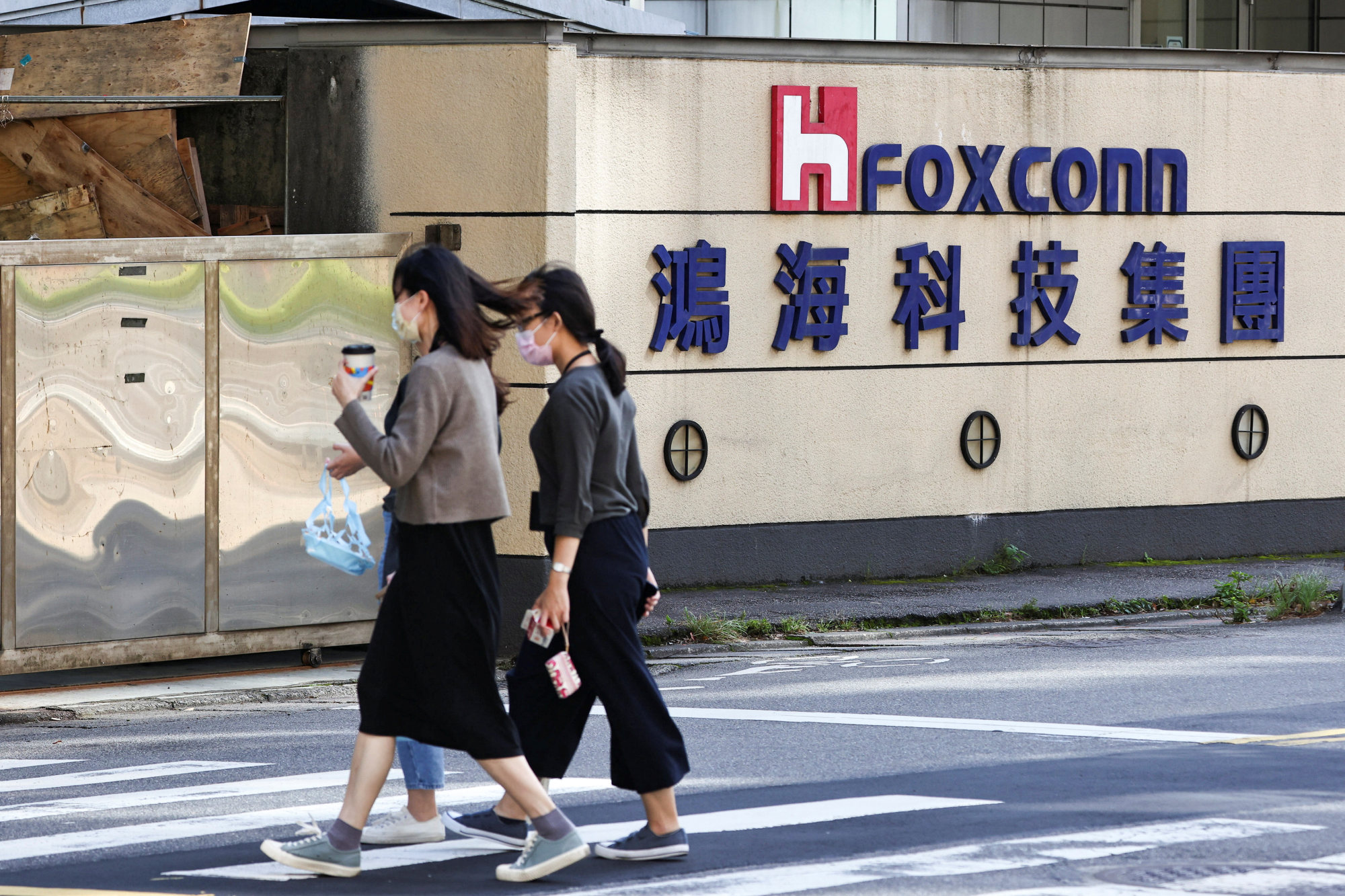
China deploys village cadres to help Foxconn hire workers in bid to secure nation’s role in Apple’s iPhone supply chain
-
Workers who fled from Foxconn’s gated factory compound in Zhengzhou over the past weeks said they have received recruitment calls from village cadres
-
The involvement of grass-roots officials in recruiting workers underscores Foxconn’s importance to the local economy as a key exporter and taxpayer
Central China’s Henan province is mobilising its grass-roots governance system to help recruit workers for the world’s largest iPhone factory, run by Foxconn Technology Group in the provincial capital Zhengzhou, in an uncharacteristic move by the local government to safeguard the country’s position in Apple’s supply chain.
The help came after draconian Covid-19 lockdowns have disrupted production at the plant, which usually employs more than 200,000 workers, prompting Apple to issue a rare statement warning about a slowdown in shipments of the iPhone 14 Pro and iPhone 14 Pro Max, and raising questions about whether China is still the ideal production hub for Apple.

China’s chip executives brace for winter as US sanctions push country’s semiconductor industry to the brink of desperation
-
At first, US sanctions helped trigger a boom in China’s chip industry as firms pushed to meet Beijing’s call for technological self-reliance
-
Most executives from Chinese chip firms predict that 2023 will be worse than this year, adding that they are ‘preparing for winter’
On a recent Wednesday afternoon in Shanghai, the founder of a semiconductor start-up spotted the head of a well-known chip venture capital firm near the elevator at an industry event – and grabbed the chance for a 60-second “elevator pitch”. The venture executive walked away and the entrepreneur was left with a sense of foreboding.
“I’ll run out of money soon if there’s no new investment,” said the founder, who declined to be named because of the sensitivity of the topic. “It is not as easy as two years ago, when [former US president Donald] Trump first started to impose sanctions on the industry and largely hyped up the semiconductor investment circle in China,” he told the South China Morning Post.

Tech war: China’s semiconductor ambitions face moment of reckoning as Washington launches all-out siege
-
One analyst report went as far as to say many of China’s chip firms will be ‘destroyed, damaged, or circumscribed’ by the latest US export controls
-
One immediate response may be to seek leniency from the US through compliance, particularly for the 31 companies added to the unverified list
The sweeping chip technology export controls imposed on China by the US are being viewed by some Chinese as the modern day equivalent of the Soviet Union’s withdrawal of technical support for Mao Zedong’s efforts to build the A-bomb.
After a severe political split between the two communist countries, Moscow ordered its nuclear scientists to leave China in 1960. However, it was only a temporary setback for Mao, as China conducted its first successful A-bomb detonation in 1964.
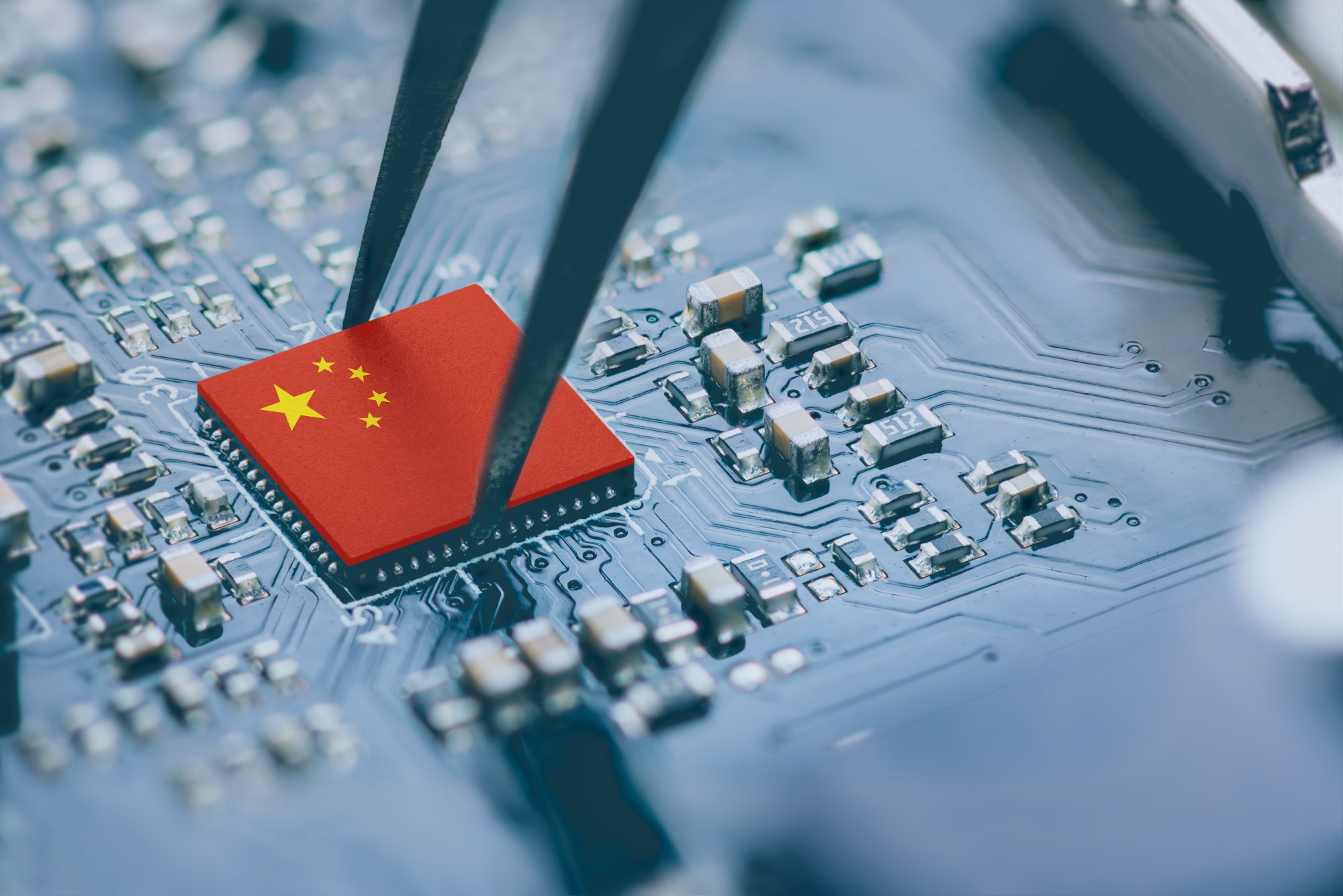
Tech war: China to host world forum on semiconductors in the shadow of Covid-19 controls, latest US hi-tech export restrictions
-
China will host the 2022 World Conference on Integrated Circuits from November 16 to 18 in Hefei, capital of eastern Anhui province
-
A communique on the ‘Hefei Initiative’ will be unveiled at the event, as part of calls to strengthen the stability of semiconductor supply chains
Global Impact is a fortnightly curated newsletter featuring a news topic originating in China with a significant macro impact for our newsreaders around the world.



